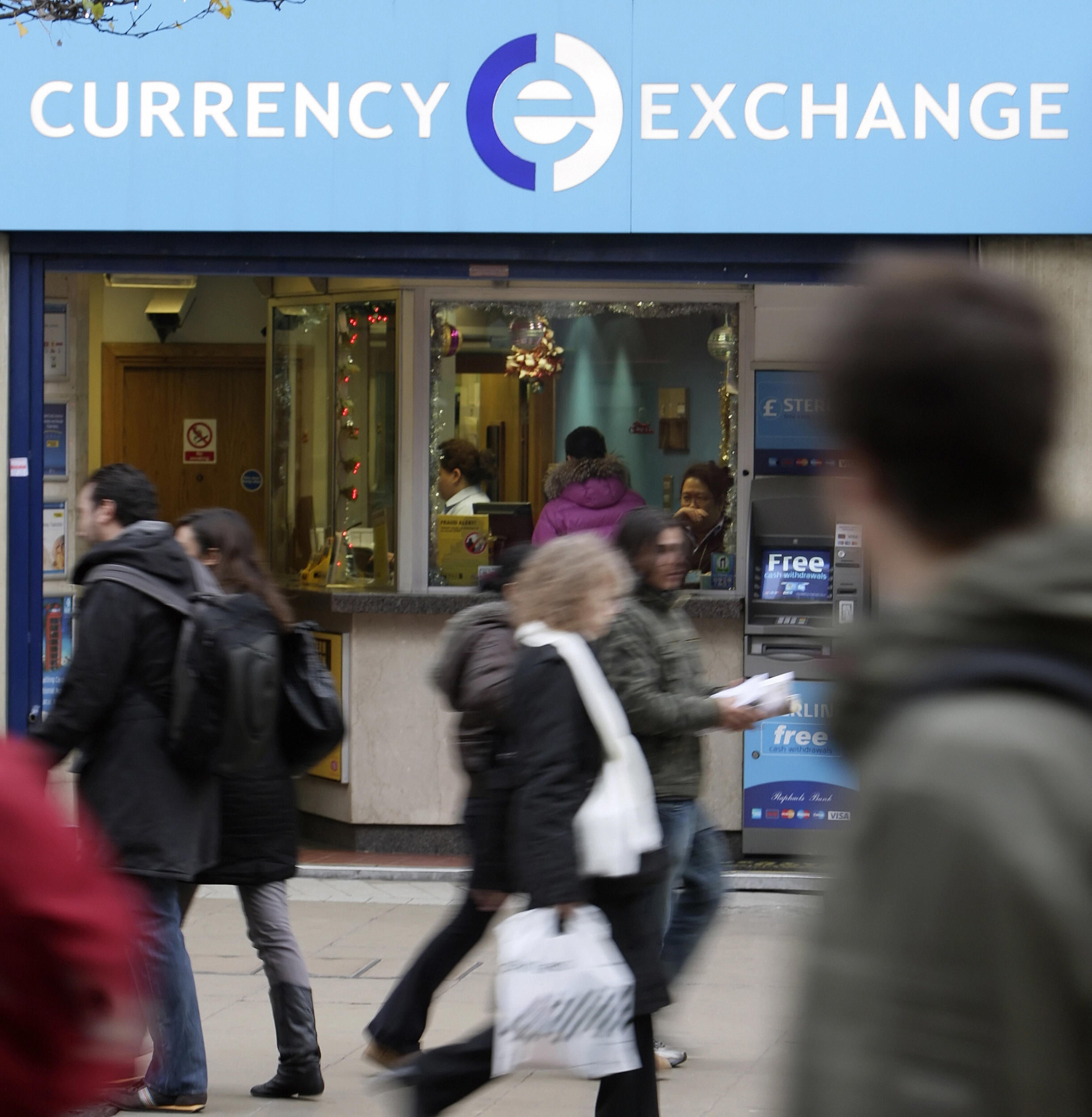Pound value drop: Is this the worst it’s ever been for Brits on holiday?
Simon Calder explores travel hacks past and present for a currency in crisis

Your support helps us to tell the story
From reproductive rights to climate change to Big Tech, The Independent is on the ground when the story is developing. Whether it's investigating the financials of Elon Musk's pro-Trump PAC or producing our latest documentary, 'The A Word', which shines a light on the American women fighting for reproductive rights, we know how important it is to parse out the facts from the messaging.
At such a critical moment in US history, we need reporters on the ground. Your donation allows us to keep sending journalists to speak to both sides of the story.
The Independent is trusted by Americans across the entire political spectrum. And unlike many other quality news outlets, we choose not to lock Americans out of our reporting and analysis with paywalls. We believe quality journalism should be available to everyone, paid for by those who can afford it.
Your support makes all the difference.Unless you happen to be Janet Yellen (chair of the US Federal Reserve) or George Soros (the billionaire financier noted for “shorting” the pound during the last sterling crisis in 1992), you and I can do nothing to affect the £/$ exchange rate. But that rate can do much to affect us.
For anyone who works in UK tourism, the weak pound is a blessing. Not only does it make the country more appealing to overseas visitors, it acts as a brake on British people travelling abroad.
For anyone who likes to explore the world, though, the rate of $1.20 to £1 that I changed on Thursday is dismal. Tourist attractions around the world typically cost one-fifth more than they did a year ago. As I reported, the price for a family of four to make the Sydney Harbour Bridge climb now costs just over £600 – the same as a cheap return ticket from London to Australia’s largest city.
We are once again the poor people of Europe. But dismay at the pound engaging in a “how low can you go?” exercise is not necessarily disastrous. You just need to moderate your spending by one-sixth.
Easier said than done? Not necessarily. The pound has taken a pummelling many times, and it just causes British travellers to come up with all manner of solutions to keep costs down abroad. Regrettably, sometimes these have involved fraud.
In the 1970s, an economically calamitous decade bookended by the Three Day Week and the Winter of Discontent, impecunious backpackers discovered the original 5p coin (based on the old shilling) was almost identical in size to the 1 Deutschmark coin. German cigarettes and U-Bahn tickets suddenly became much more affordable, at a rate of DM20 to £1 rather than the more conventional DM3=£1.
Come the 1990s, the pound fell off a Brexit-like cliff on Black Wednesday, impaling itself at a value of just eight French francs (from here, that rate looks excellent, representing €1.22).
Day-to-day survival abroad was eased, for some, with the judicious use of a student card. Travellers who were not technically engaged in academic learning could pick up fake international student ID in cities such as Bangkok or Moscow for a few pounds.
With air fares much higher in real terms than they are today, the courier flight was the low-cost way to go: you could fly cheaply to Rio, Tokyo and Los Angeles so long as you acted a legitimate “mule”, with time-sensitive deliveries as your checked baggage. The catch: you had to surrender your luggage allowance, and fly with cabin baggage only – a foretaste of 21st-century aviation.
By the start of 2009, the people who make currency charts were having to add extra space at the bottom of the graph as the pitiful pound tested new lows, briefly reaching parity with the euro. We’re not quite back there against the European currency, but the pathetic pound’s performance versus the US dollar pushes up costs for British travellers in many more countries: from China to Chile, local currencies are pegged against the $.
This week, Abu Dhabi hosted the Abta Convention – the annual travel industry get-together. This is the hot-and-rich capital of the United Arab Emirates, whose dirham is locked to the US dollar, and where Brits tend to feel hot-and-poor. Delegates were getting just 4.30 UAE dirhams for £1, compared with 5.38 when the conference venue was announced a year ago.
The upwardly drifting dirham means that simply stepping into a taxi at Abu Dhabi airport triggers a £6 charge. But make your way to the airport’s Premier Inn adjacent to Terminal 1, and the helpful staff will point the way across a patch of wasteland (no, not Dubai) to a roundabout that falls just outside the perimeter. Here the starting fare falls to the equivalent of just 80p. Ask for the Happy House in the city centre, and you will discover a South Indian restaurant where the tastiest thali of your life is just £1.50. And when you’ve devoured the dahl and polished off the poppadom, the cheerful waiter will come round with second helpings: a budget banquet for British travellers.
You can see the Happy House meal and get other money-saving tips in the video below.
Click here to view European tours and holidays, with Independent Holidays.
Join our commenting forum
Join thought-provoking conversations, follow other Independent readers and see their replies
Comments